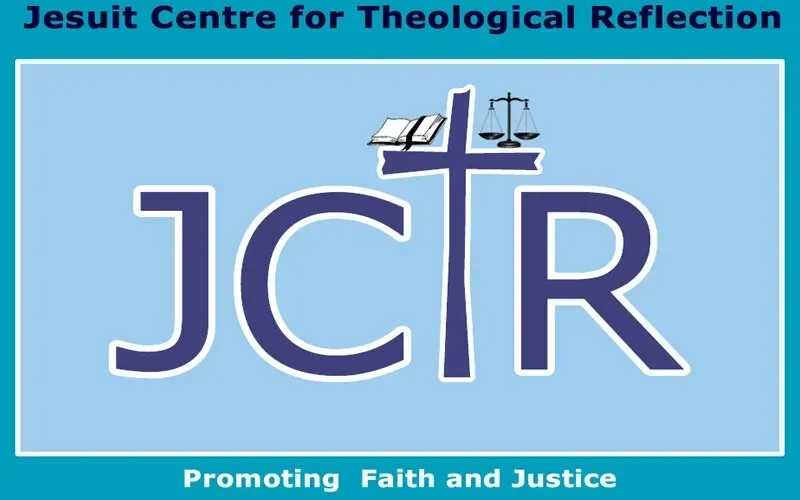Lusaka, 12 August, 2022 / 4:24 pm (ACI Africa).
Officials of the Jesuit Centre for Theological Reflection (JCTR) have lauded the government of Zambia for recruiting thousands of teachers and health workers, and for additional funds to support the agricultural sector.
In a Thursday, August 11 statement, JCTR officials say the highlighted initiatives are positive steps in addressing Zambia’s cost of living.
In July, the government of Zambia reportedly hired 30,496 teachers and 11,276 health workers. The President Hakainde Hichilema-led administration also redirected financial resources achieved from financial prudence to support the agricultural sector, secondary schools and the servicing of domestic arrears.
“The interventions in the education and health sectors, not only provide a platform for improving service delivery but ultimately cushions close to 42,000 households with potential impact to improve living conditions for at least 200,000 persons,” JCTR officials say in the August 11 statement.
They add that the allocation of K4.7 billion (US$290 million) to the agriculture sector “will hopefully see better production output in the 2022/2023 farming season especially following the slump recorded in the 2021/2022 farming season.”








